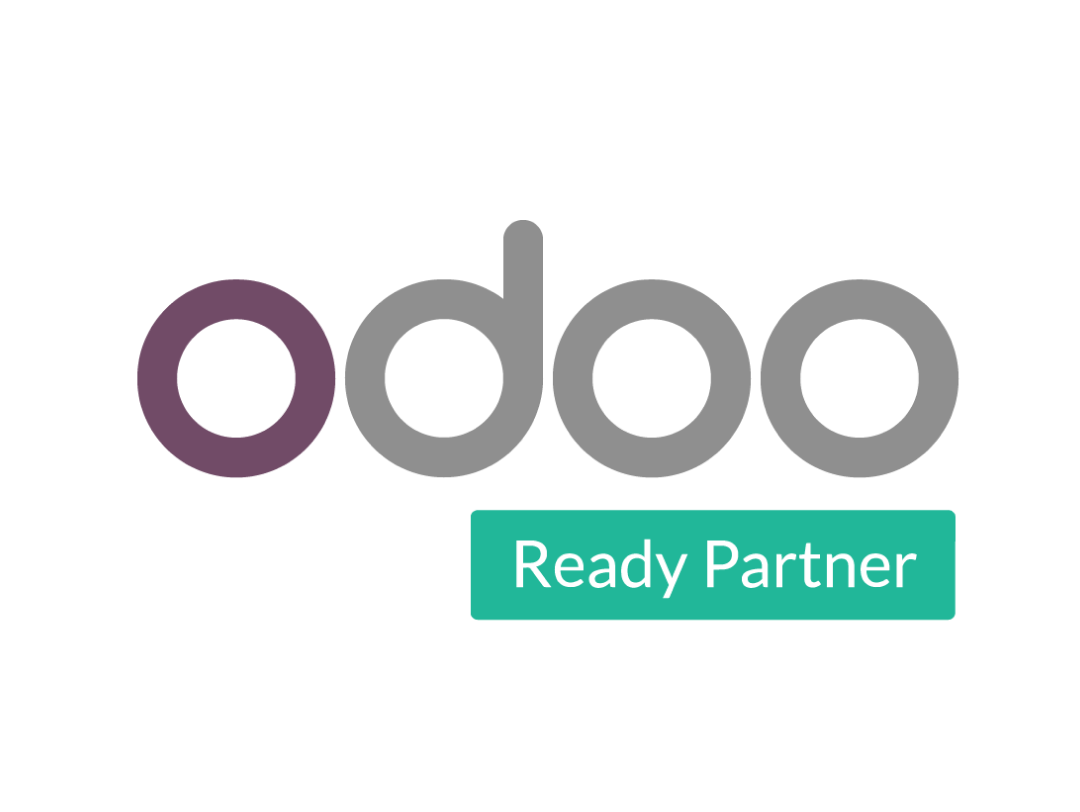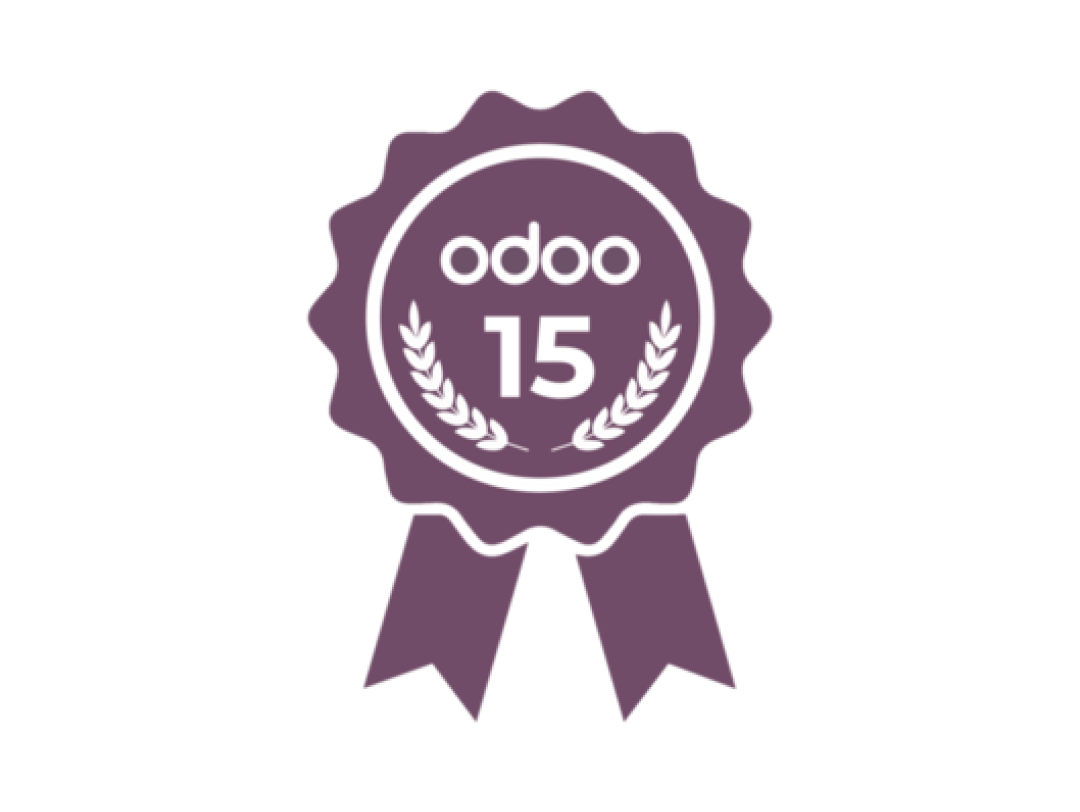Odoo, formerly known as OpenERP, is a powerful ERP suite of business applications designed to simplify various departments of organizational operations. The core of Odoo’s functionality lies in Odoo’s modular structure, which allows businesses to customize and extend their systems according to their unique requirements. Odoo Modules are various sets of Features that are grouped together to make sure that its users can perform various tasks effectively. Major Odoo modules are Accounting, Manufacturing, CRM, Inventory, and E-commerce.
What are Odoo Modules?
Odoo is a software that businesses can use to manage different functions like accounting, inventory, customer relationships, and human resources. It’s made up of smaller parts called modules, each of which handles a specific part of the business. These modules can be customized to fit the unique needs of different businesses, making it a versatile tool for companies in many different industries.
Components of an Odoo Module
Odoo is a software that businesses can use to manage different functions like accounting, inventory, customer relationships, and human resources. It’s made up of smaller parts called Odoo modules, each of which handles a specific part of the business. These Odoo modules can be customized to fit the unique needs of different businesses, making it a versatile tool for companies in many different industries.
Popular Odoo Modules
Odoo Sales Management Module
The Odoo Sales module serves as a complete toolset for businesses to refine their sales processes. With features like Invoice creation and quotation creation, sales teams can smoothly manage quotes and convert them into orders. Moreover, it offers robust customer relationship management (CRM) functionalities when it is integrated with Odoo’s own CRM module, allowing businesses to maintain detailed customer profiles, track interactions, and provide personalized service. Advanced sales performance analysis tools provide valuable insights into sales trends, conversion rates, and revenue generation, empowering businesses to make decisions to improve their sales strategies and drive growth.
Odoo Inventory Management Module
Crucial for any business handling diverse stock-keeping units (SKUs) across multiple warehouses, this Odoo module provides comprehensive inventory tracking capabilities. It allows businesses to monitor inventory levels in real time, track stock movements, and manage stock transfers between warehouses. With features like automated stock replenishment and inventory forecasting, businesses can improve their inventory management processes to ensure sufficient stock levels while minimizing the risk of stockouts or overstock situations. Furthermore, it offers Odoo barcode scanning integration for efficient stock management and inventory accuracy. This module plays a pivotal role in ensuring efficient inventory management, reducing operational costs, and improving customer satisfaction through timely order fulfillment.
For More Information:- Odoo erp consultant
Odoo Accounting Module
This Odoo Accounting module serves as the financial backbone of businesses, offering a range of tools to integrate various financial management tasks. It simplifies bookkeeping processes by automating the recording of financial transactions and categorizing them according to a predefined Odoo chart of accounts. Odoo Invoicing functionalities enable businesses to create and send professional invoices to customers, track payment status, and automate payment reminders. Additionally, it supports multiple accounting and Tax methods, catering to the diverse needs of businesses. Robust tax configurations ensure compliance with tax regulations, while comprehensive reporting functionalities provide insights into financial performance, cash flow, and profitability.
Odoo Human Resources (HR) Module
This Odoo module not only centralizes employee records but also handles attendance tracking through various methods, such as custom biometric integration. It offers flexible leave management with custom policies and automated calculations. Additionally, it simplifies payroll processing by integrating with the Odoo accounting module, ensuring accurate and timely salary disbursements. With the help of this module, Performance evaluation becomes systematic with predefined appraisal templates and KPI tracking, fostering employee development and engagement.
Odoo Project Management Module
With its intuitive interface, the Odoo project management module allows for effective task delegation and progress tracking. Users can easily set up milestones, assign resources, and monitor project timelines. Furthermore, it facilitates efficient resource allocation by providing insights into team availability and workload. Timesheet management features enable real-time tracking of billable hours, ensuring accurate client billing and project profitability analysis.
Odoo Purchase Management Module
Odoo Purchase Module optimizes the procurement process by automating routine tasks such as purchase order generation and vendor communication. It enables efficient RFQ handling by consolidating supplier responses and comparing quotations. Moreover, purchase contract management functionalities ensure compliance with negotiated terms and conditions, mitigating risks and reducing procurement cycle times. Supplier performance evaluation tools enable a proper decision-making process backed by data and foster strategic supplier relationships.
Odoo Manufacturing Module
Ideal for both discrete and process manufacturing, this module offers robust features for production planning and control. It facilitates efficient work order management by linking production orders with bills of materials (BOM) and routing instructions. Quality control functionalities enable real-time monitoring of product conformance to specifications, ensuring consistent product quality. Additionally, shop floor operations tracking provides visibility into manufacturing progress, enabling proactive decision-making and resource allocation adjustments.
Odoo Website Builder Module
This versatile module empowers businesses to create stunning websites with ease. Through its drag-and-drop functionality, users can effortlessly customize templates to reflect their brand identity. Seamless integration with the Odoo e-commerce module enables businesses to sell products or services online directly from their Odoo website, enhancing customer convenience and revenue streams. Powerful SEO tools ensure improved visibility on search engines, driving organic traffic and increasing online presence. Furthermore, robust content management features allow for dynamic website updates, keeping content fresh and engaging for visitors.
Odoo Marketing Automation Module
Designed to streamline marketing workflows, this module automates repetitive tasks, saving time and resources. Lead nurturing functionalities enable personalized communication with prospects at every stage of the buyer’s journey, increasing conversion rates. Email campaign management features facilitate the creation, scheduling, and tracking of targeted email campaigns, driving engagement and fostering customer loyalty. Social media integration enables businesses to amplify their reach and engagement across various platforms, enhancing brand awareness and audience engagement. Performance tracking tools provide actionable insights to optimize marketing strategies and maximize ROI.
Odoo Point of Sale (POS) Module
Tailored for retail businesses, the POS module provides a seamless checkout experience for both customers and staff. Its intuitive interface simplifies product selection and transaction processing, reducing checkout times and improving customer satisfaction. Real-time inventory management capabilities ensure accurate stock levels and prevent stockouts, enabling businesses to fulfill customer orders efficiently. Support for multiple payment methods, including cash, card, and digital wallets, enhances flexibility and convenience for customers. Comprehensive sales reporting features offer valuable insights into sales performance, enabling data-driven decision-making and strategic planning.
How to Customize Odoo Modules
Businesses can customize Odoo modules to align with their specific workflows and requirements. This customization may involve configuring existing modules, creating new views, adding custom fields, or integrating third-party applications to extend Odoo’s functionality further.
For businesses with unique operational needs, developing custom Odoo modules may be necessary. Odoo’s modular architecture and open-source nature make it relatively straightforward for developers to create custom modules tailored to specific business processes or industry verticals.
Challenges and Solutions
Integration Challenges
Integrating Odoo modules with existing systems or third-party applications can pose challenges, particularly concerning data synchronization and compatibility issues. However, with proper planning and implementation strategies, businesses can overcome these challenges and achieve seamless integration across their IT landscape.
Performance Optimization
As businesses expand their usage of Odoo modules and process larger volumes of data, performance optimization becomes critical. Implementing best practices such as database indexing, caching, and code optimization can help improve the performance and responsiveness of Odoo applications, ensuring a smooth user experience.
Conclusion
Odoo modules play a pivotal role in enhancing business efficiency and agility by providing customizable solutions for various functional areas. From sales and inventory management to accounting and beyond, Odoo modules empower businesses to streamline their operations, reduce costs, and adapt to changing market dynamics effectively.
Why choose Reliution








